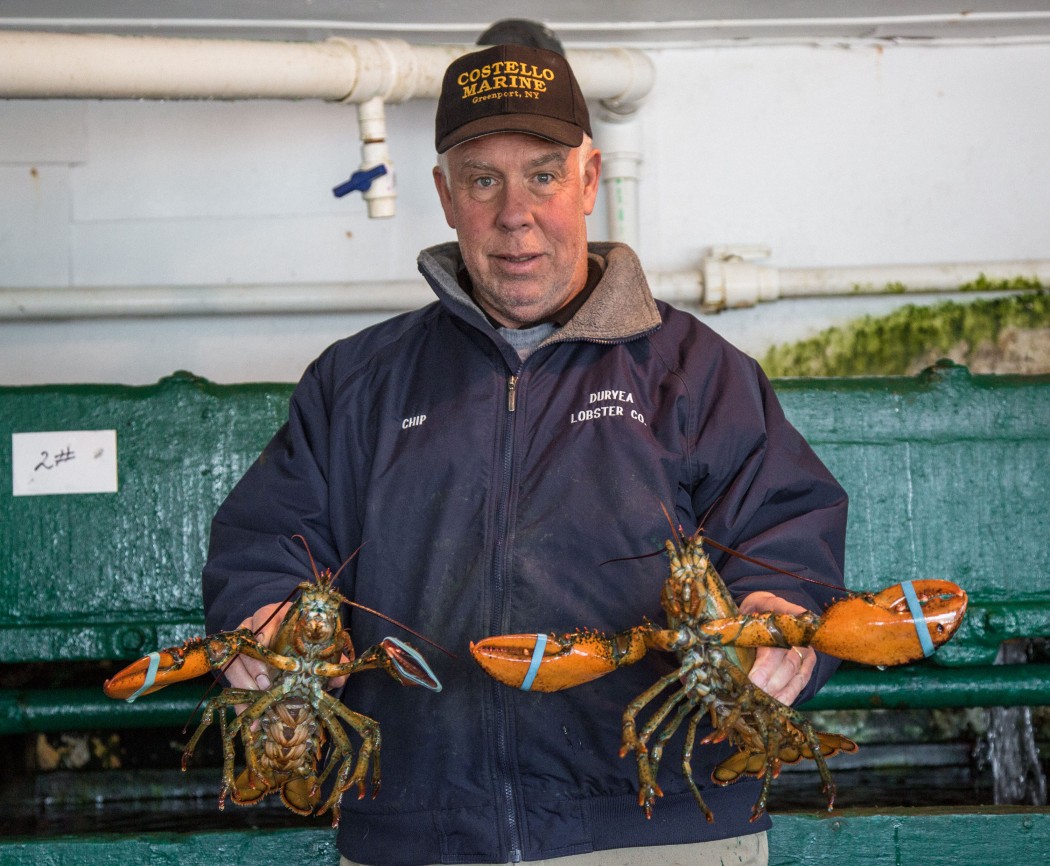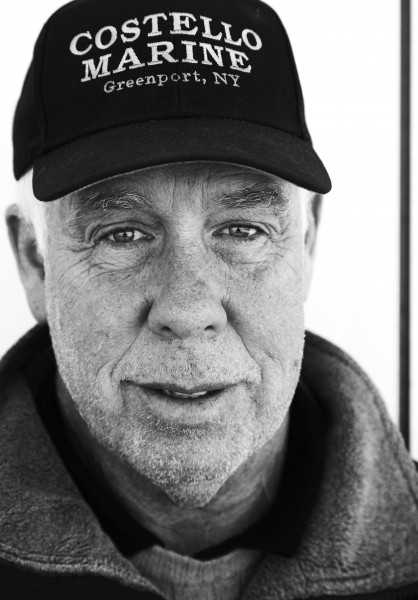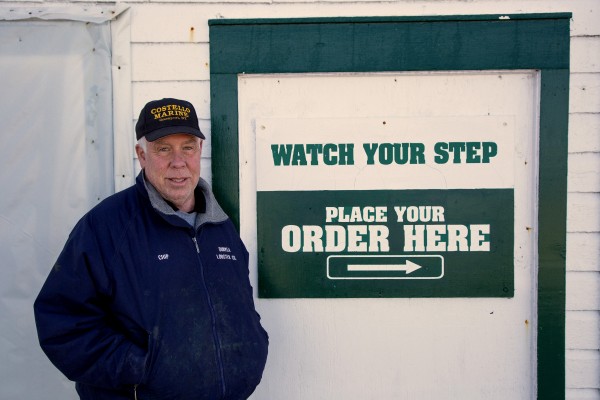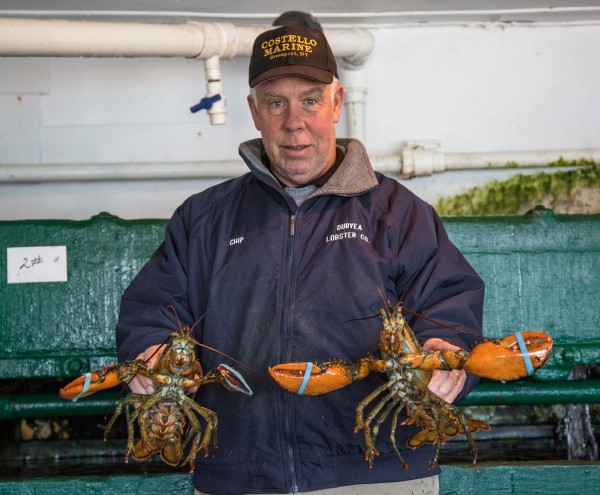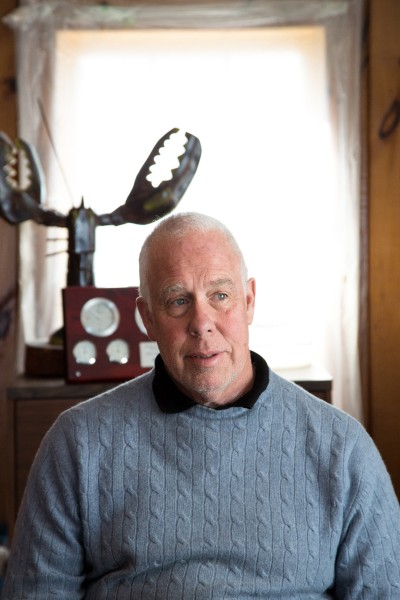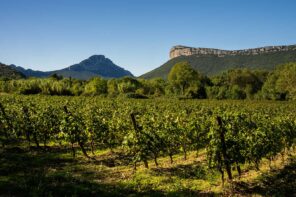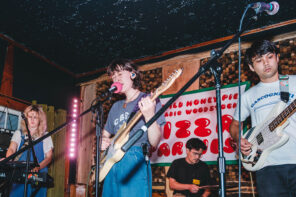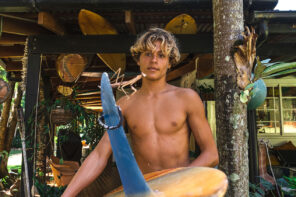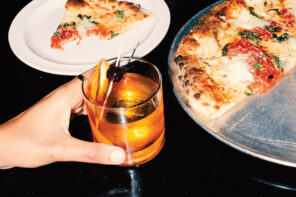Duryea is one of those family names that are synonymous to Montauk. Chip Duryea is second generation born and raised in Montauk, a hard working family man who took over his family’s business, Duryea’s Lobster House. Chip is an original Montauk surfer; a man who surfed the outer bars and beach breaks in front of his family’s home by himself in the 1960s. A true pioneer of the surfing and fishing cultures that are ingrained in Montauk. He is a published writer, a lifetime director of the Montauk Chamber of Commerce and director for Fighting Chance, a cancer research center in Sag Harbor. This beloved member of our community is a diplomatic and respected man, an authentic Montauk icon.
GM: How long have you lived in Montauk?
CD: I was born and raised here.
GM: It was your parents who started Duryea Lobster House?
CD: Actually my Grandfather, Perry Duryea Sr., He came out here in the 1920s, and bought into this business that at the time was run by Edward Brown Tuthill. Captain E.B. Tuthill ran it in the 1920’s as a local fish business. They basically had large pound nets scattered around Fort Pond Bay, periodically they would bring in the nets, and bring the fish in live to where we are located now. They would sink the min pens under the water live, and they would keep them that way until Captain Tuthill saw that the market was favorable, and at that point the nets would be raised and the fish would be brought in and shipped to market on the train. That was the business that my grandfather bought into in the late 20s and ran it pretty much as a local fish business until my father Perry Duryea Jr. came back after World War II in about 1948.
GM: Did you grow up in the same house you live in now?
CD: No, the original home we had was located by the Montauk School. When I was in eighth grade my parents built a home on the Old Montauk Highway. A very attractive house on the beach a couple of houses east of Gurney’s Inn. I was there all through high school and college. Wendy and I bought the house that we are in now, right across from the lobster house. It had been my grandparents’ house; we purchased it after my grandparents died, from my father’s sister in 1980.
GM: Where your home and business is located is one of the most beautiful and breathtaking areas in Montauk, but I was wondering if there was another area you like to go to that you think exemplifies the beauty and the culture of the town?
CD: Well keep in mind Grant that where we are located now in the shore of FortPond Bay was the site of the Montauk fishing Village, years ago. Right up until the hurricane of 1938 the fishing village was here; the post office the restaurants, all the people lived right here on the shores of Fort Pond Bay. And obviously the Hurricane of 1938 came through, and the village relocated to where it is today on the southside, and the fishing fleet gradually relocated down to Montauk Harbor. Everybody thinks the fishing fleet relocated right after the hurricane but it didn’t, it took them three or four years. But to my way of thinking, apart from where I am now on Fort Pond Bay, one of the areas that is particularly special to me is probably Ditch Plains because that is where I learned how to surf way back when, when I was in high school. I love to walk there on the beach, under the cliffs with my family and my dogs, so that area remains very special.
GM: I would have to agree with you Chip because that is where I have spent most of my life. Just one last question, there has been so much talk of change in Montauk,and how there is a new guard of people, etc. Just wondering what you thought the biggest change has been to Montauk in your lifetime.
CD: Well, I see the change being most dramatic in the last five to seven years. I think the arrival of the Surf Lodge kind of signaled what I would call the beginning of the dramatic change. Then I began to see people coming out from the metropolitan area, younger people who have a lot of money, who are gradually buying up some of these old commercial establishments like ours, and Lenny’s Restaurant down at the docks, obviously over in Ditch Plains, the East Deck, so on and so forth, Crow’s Nest has changed hands. You are seeing a transformation where people are coming to town, who have new ideas, they have money, and they are buying up some of these older establishments, (and also the Ronjo, which is now the Beach House). To me the pace has really accelerated over the past five to seven years. I don’t think it is all that bad Grant because nothing really remains the same forever, and without this infusion of capital and new ideas some of these places would have really stagnated.
GM: I learned in college that in the definition of culture the word dynamic is used, meaning that culture can never really stay the same. Time will always change culture, and new ideas will always change the way things are. People say a lot of bad things, but change is inevitable, and maybe some of it is for the better. Like you said some of these places would have gone stagnate.
CD: You know, people talk about the old Montauk, and the fishing fleet, and how families used to come here, so on and so forth. But the fact of the matter is nothing remains the same forever, and as times changes, people change, you know? Their lifestyle changes, their recreational habits change. One thing about Montauk that will be a constant, and people may not realize this; about 65 percent of Montauk is open space and it will always be that way. So Montauk will always have the open space, the beautiful beaches, and obviously the fishing. There will always be certain constants and that is what I think draws people to this area. We are only three ours away from New York City, for better or for worse, people can get here, and once you are here it is a very attractive place to be.

